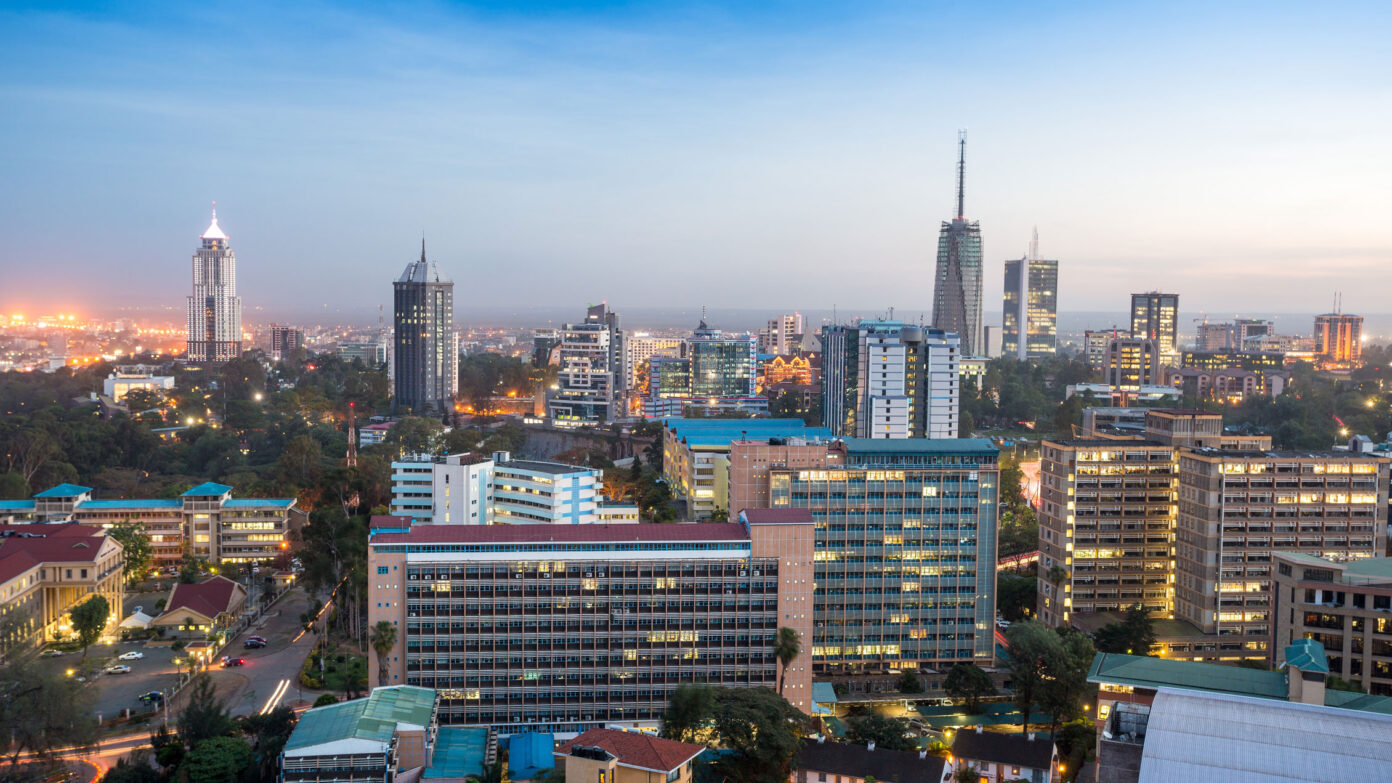Africa: financial and political reform key to economic progress


Africa is home to some of the world’s fastest-growing economies. While the continent’s long-term future holds promise, some of its emerging markets face the twin challenges of financing expensive, capital expenditure-heavy projects essential to maintaining growth while arranging new loans to repay old debt.
Compounding their difficulties are global financial conditions that look to tighten significantly as developed market central banks unwind their quantitative easing programmes and raise interest rates, effectively cutting off the easy money that has fuelled global growth since the financial crisis. Meanwhile, depreciating local currencies threaten to further raise the debt-to-GDP ratios of the continent’s more vulnerable economies that had previously increased external borrowing.
Two of the continent’s biggest economies – Nigeria and South Africa – are preparing for key elections in 2019.
In oil-rich Nigeria, growth has disappointed, following the 2014 slump in oil prices. Despite a homegrown package of reforms – Nigeria’s Economic Recovery and Growth Programme, that aims to boost non-oil growth through increased development spending, actual progress has been slow. With elections approaching, the risk is that private sector longer-term investment decisions will be delayed until after the polls. With higher oil prices however, recovery is in sight. The challenge will be not to become complacent about diversification.
South Africa, at the other end of the continent, is working to resurrect a weak economy – the country slipped into recession in H1 2018 – despite an improving political climate, and the appointment of a reformist new president, Cyril Ramaphosa. We believe the growth slowdown will likely be temporary, with hopes that 2019 elections will deliver a stronger mandate for much-needed structural reform, able to drive faster trend growth in the future.
Ghana has been a strong performer under its International Monetary Fund (IMF) programme, which ends early next year. The growth outlook remains robust (thanks to rising oil and gas production) even given near-term headwinds: still-weak domestic credit growth and tightening external financing conditions. Having successfully tightened policy, Ghana’s next challenge will be to achieve its much-desired transformation, putting in place the building blocks for meaningful industrialisation, while maintaining investor confidence.
In Kenya, strong performance in the agriculture sector raised H1-2018 GDP growth, while better-behaved inflation allowed the central bank to deliver a rate cut in July. A lifting of loan rate caps is still needed for the economy to perform to its potential. Nonetheless, investor confidence has improved markedly since the 2017 elections.
Global trade tensions, while not yet a major concern for Africa, help shine a light on a long-term solution: intra-Africa trade. So far, promoting trade between African countries has been a slow process. There are a number of reasons for this. First, much of Africa’s external trade remains dominated by commodities, with few complementarities between neighbouring or even sub-regional economies that find themselves in the same trade bloc. Second, intra-African trade has not been well-served by the lack of enabling infrastructure, especially in remote regions, far removed from the continent’s commercial centres. Solving for this will be a lengthy, expensive process, but deeper intra-regional trade ties will drive important welfare gains.
Current global trade tensions, as well as the renewed effort to establish a continental free trade area, will increasingly shift the focus to where it is most needed. To attain greater resilience to potential external shocks, African economies must trade more with each other, and reduce dependence on their very narrow export bases.
China has been a key source of financing for infrastructure projects across Africa, along with multilateral institutions such as the World Bank, African Development Bank, and others. A new emphasis on Belt and Road projects suggests that China-Africa engagement will continue to grow. Even as global financial conditions tighten, African economies will benefit from a more diverse investor base. However, China’s interests in the region are still largely commercial, and in this respect, do not differ greatly from other commercial creditors. Economies that borrow will still need to focus on debt sustainability, with transparency in their debt management practices, in order to benefit.
There is no doubting Africa’s potential. The region benefits from a young demographic profile, the promise of future consumption, is urbanising rapidly and continues to leapfrog technologically. All of this is evident, in addition to having significant, untapped resource potential. Some care is needed regarding near-term headwinds however. A strong demonstration of reform will be required to maintain investor confidence through more difficult external conditions.
Reassuringly, conditions remain favourable for long-term growth. In most countries, governments are working to deepen domestic revenue-raising capabilities and strengthen fiscal institutions. A deepening of financial intermediation, with greater access to financing for the private sector and governments alike, will help boost this long-term trend.
These are promising signs. An increasing number of countries in Sub-Saharan Africa are directly confronting their challenges, using them as a catalyst for meaningful reform. Ultimately, this should deliver faster growth and greater prosperity in the future.